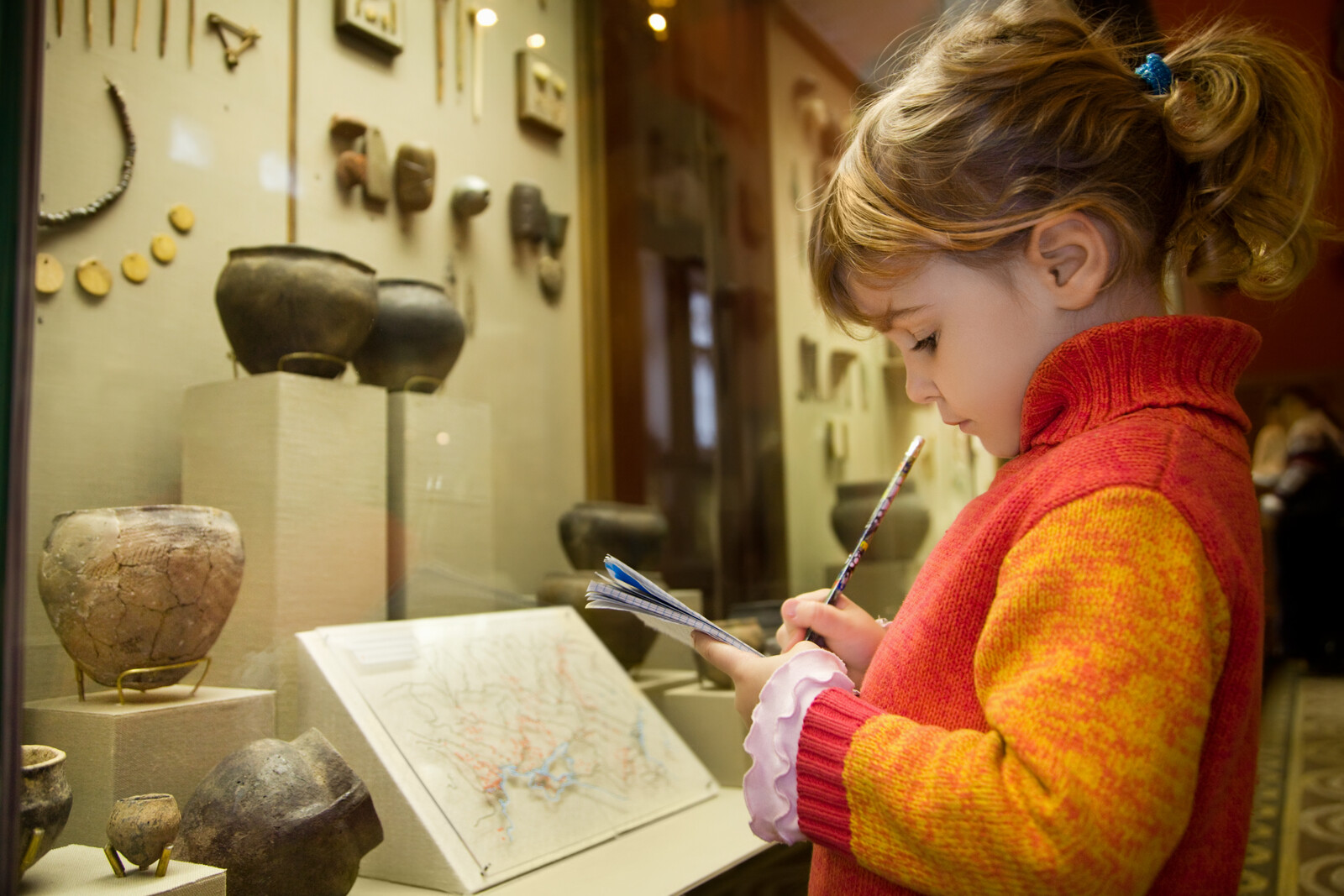The National Science Foundation (NSF) has awarded a grant valued at over $1 million to the Institute for Learning Innovation (ILI), in partnership with SciTech Institute and the Southwest Autism Research & Resource Center (SARRC). The grant will be used to foster engagement in science, technology, engineering and mathematics (STEM) learning and social interaction for individuals with autism spectrum disorder (ASD).
To accomplish the project’s goals, custom professional development education and evidenced-based programming is being developed for practitioners working in informal STEM learning institutions such as museums, science and nature centers, zoos, and aquariums. The first phase, running through February 2023, is part of a three-phase longitudinal study. Initial informal STEM learning collaborators include the Arizona Museum of Natural History, i.d.e.a. Museum, Pueblo Grande Museum and Arizona Science Center.
“Over the past two decades, the prevalence of autism spectrum disorder has nearly tripled and yet there is much to learn about serving this audience well,” said Judith Koke, ILI’s deputy director and director of Professional Development. “We are grateful to the NSF for allowing us to investigate this issue and create more inclusive opportunities for our community in Arizona. It’s a great first step in building a more inclusive informal STEM learning community on a national level.”
The project’s theory is that enabling people with ASD to participate in traditional, mainstream experiences will improve their motivation to seek out similar opportunities and build interpersonal skills critical to successful interaction in society, formal education and careers. In turn, this will help these individuals gain the skills and confidence needed to pursue STEM academically and professionally.
“This research program will improve museum and science centers so children who have autism — or really anyone — can have an enriched and inspiring experience,” said Dr. Christopher J. Smith, SARRC’s chief science officer. “Our ultimate goal is to share our approach across the country and help an entire generation of people with autism seek careers in STEM, if they so choose. People with autism should have the same opportunities as typical peers to have experiences that shape a successful future, and this project is a step in that direction.”
“The natural synergy we’ve developed with researchers and educators at local institutions and practitioners that work with people on the autism spectrum will go a long way in helping us achieve our goals for this worthy endeavor,” said Dr. Jeremy Babendure, SciTech Institute’s executive director and an ILI fellow. “Educators working in informal science institutions can better promote both social interaction and engagement in STEM education for individuals with autism."
Participate in our study: IMPROVING STEM LEARNING OPPORTUNITIES FOR PEOPLE WITH ASD (AGES 11-18)
We want to learn more about the museum experiences of individuals with autism and their families! The results of this study will inform professional development training with museum staff designed to promote more inclusive environments. Study participation will include an online parent survey that will ask you to share information about your experiences during visits to museum centers. The survey takes approximately 20-30 minutes to complete and participants receive an Amazon gift card for completion.
To enroll, please visit SARRC's research signup form, or for more information, contact Ashley Johns at [email protected].

